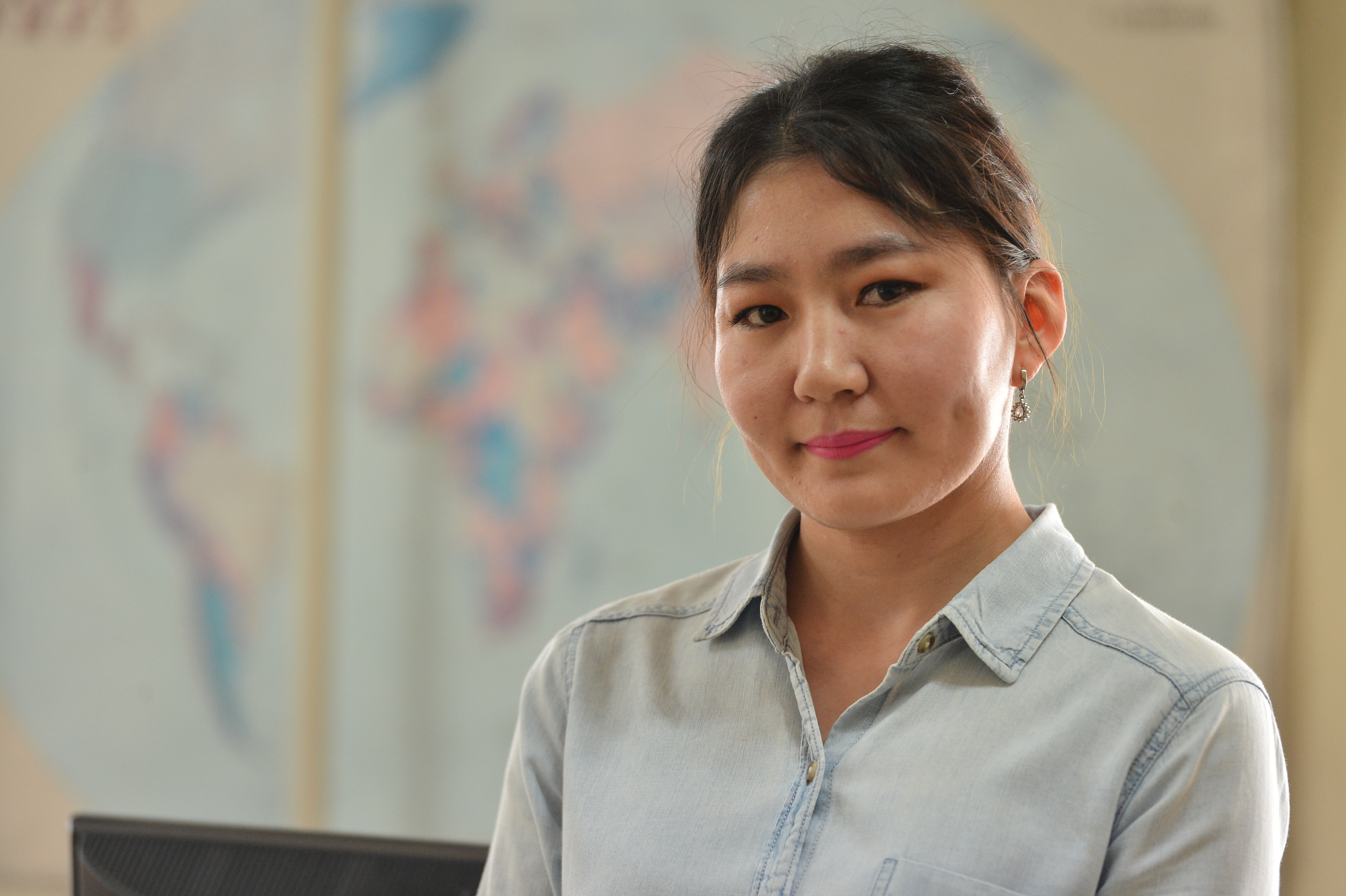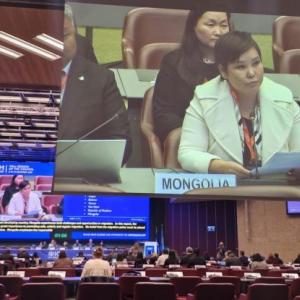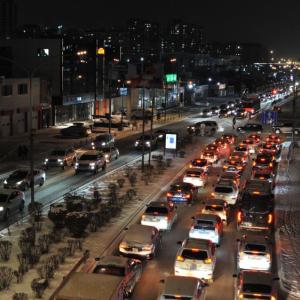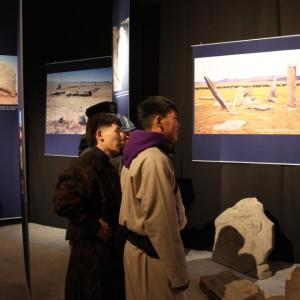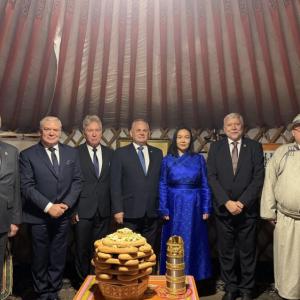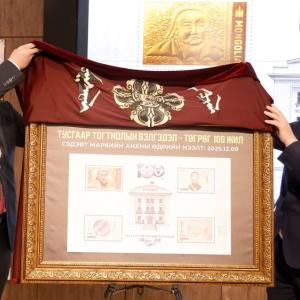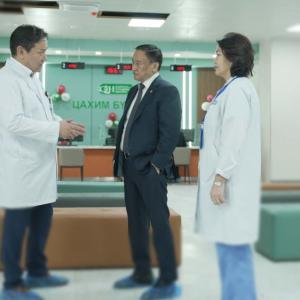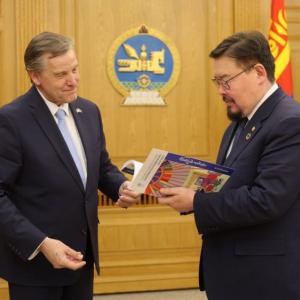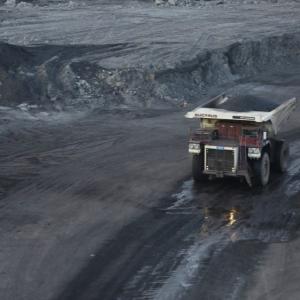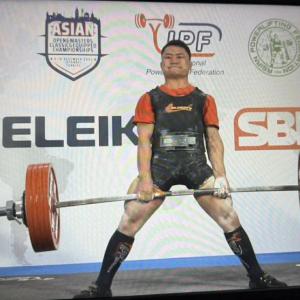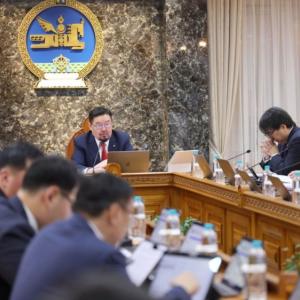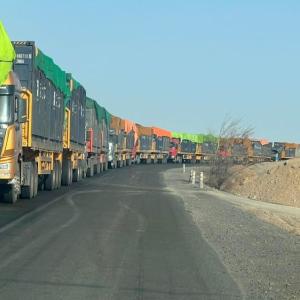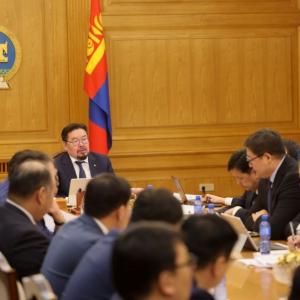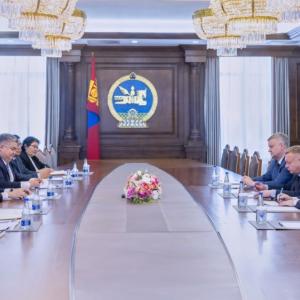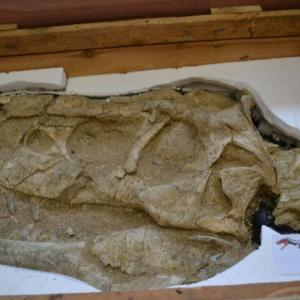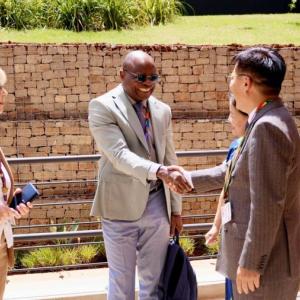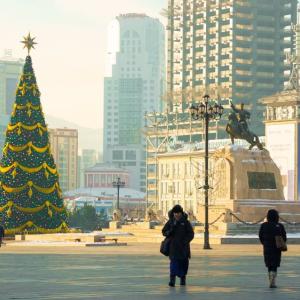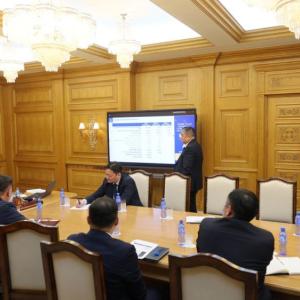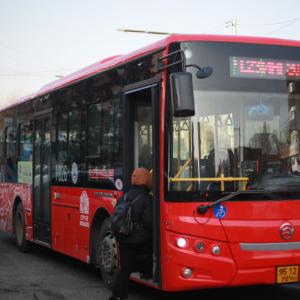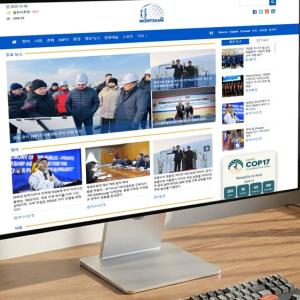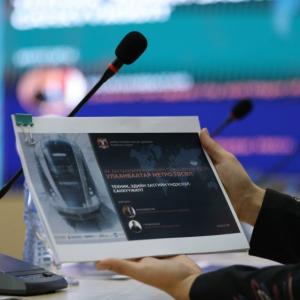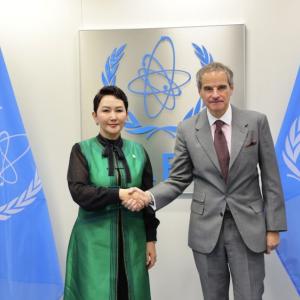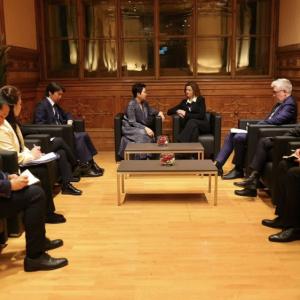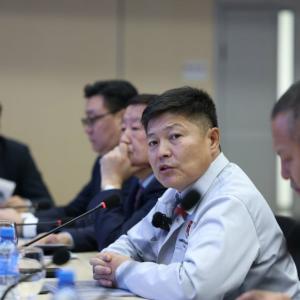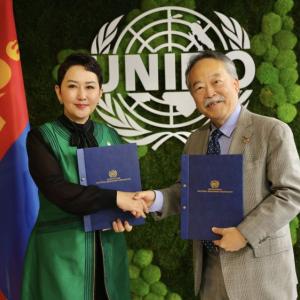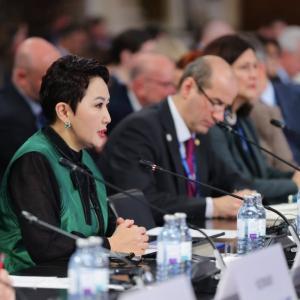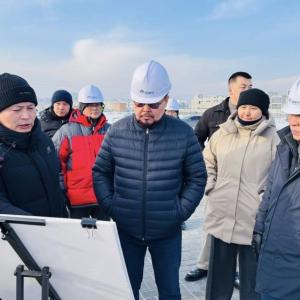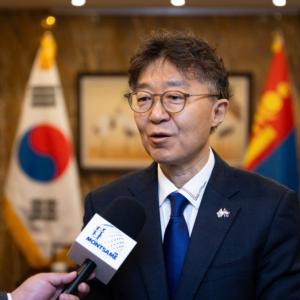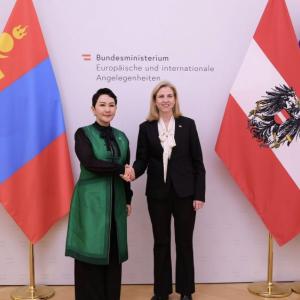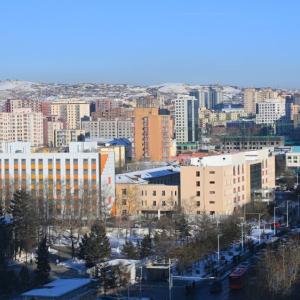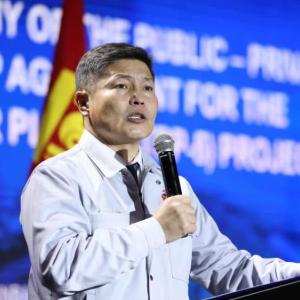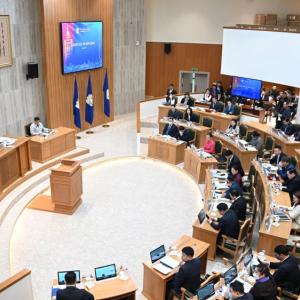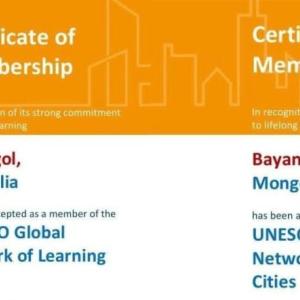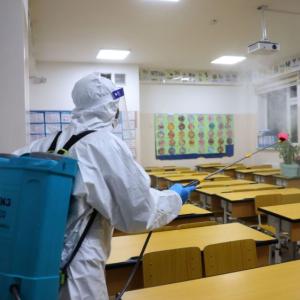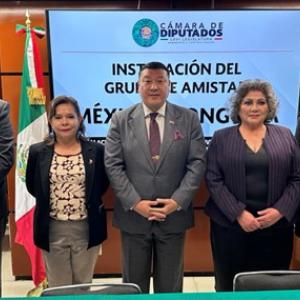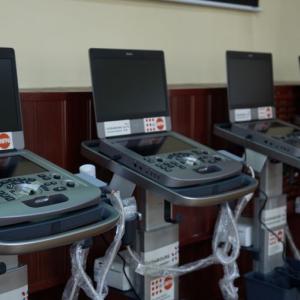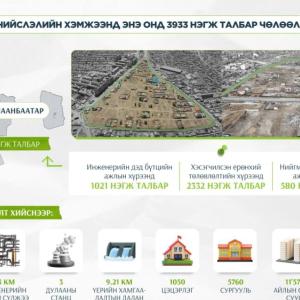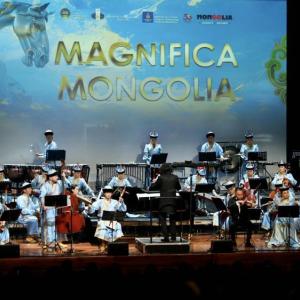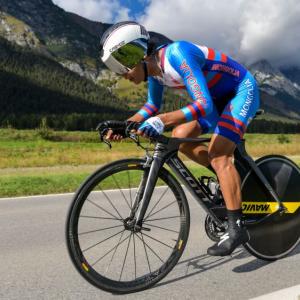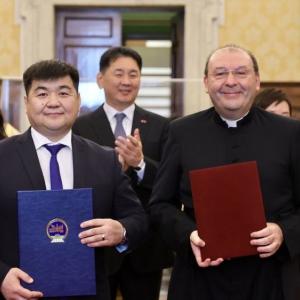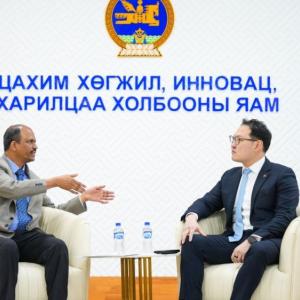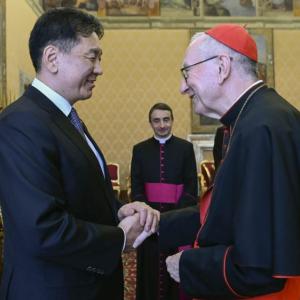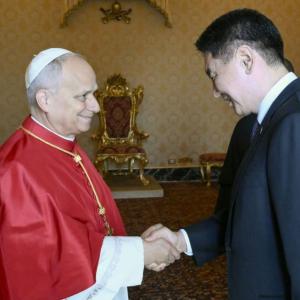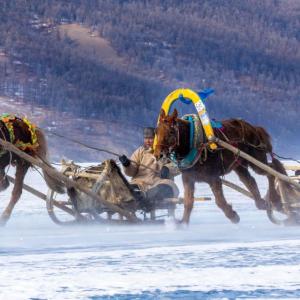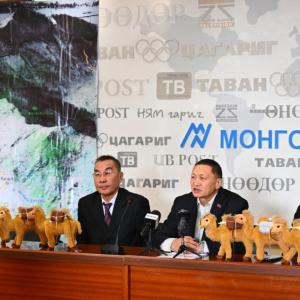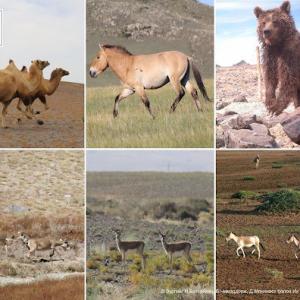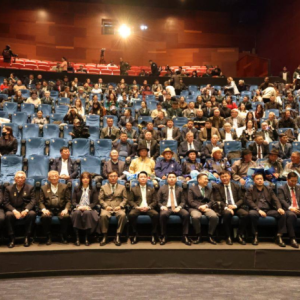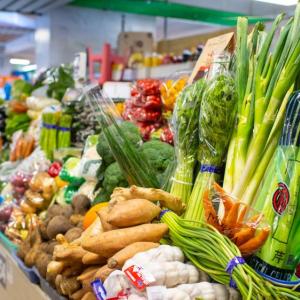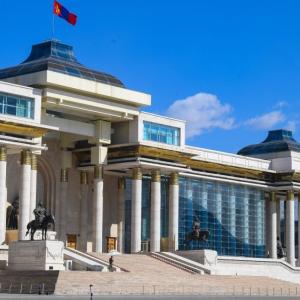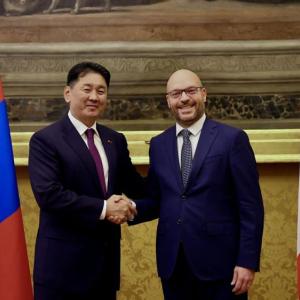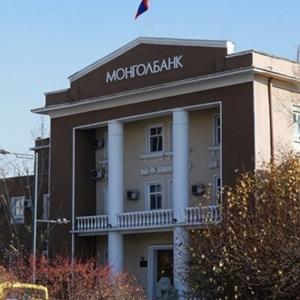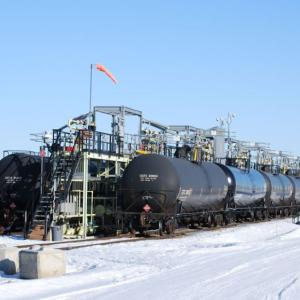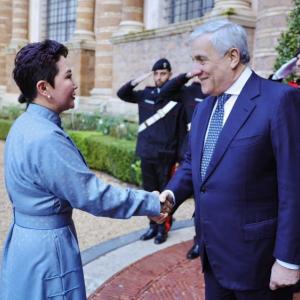Takeshi Kasai: We need you to be part of building a healthy, safe and liveable future
Society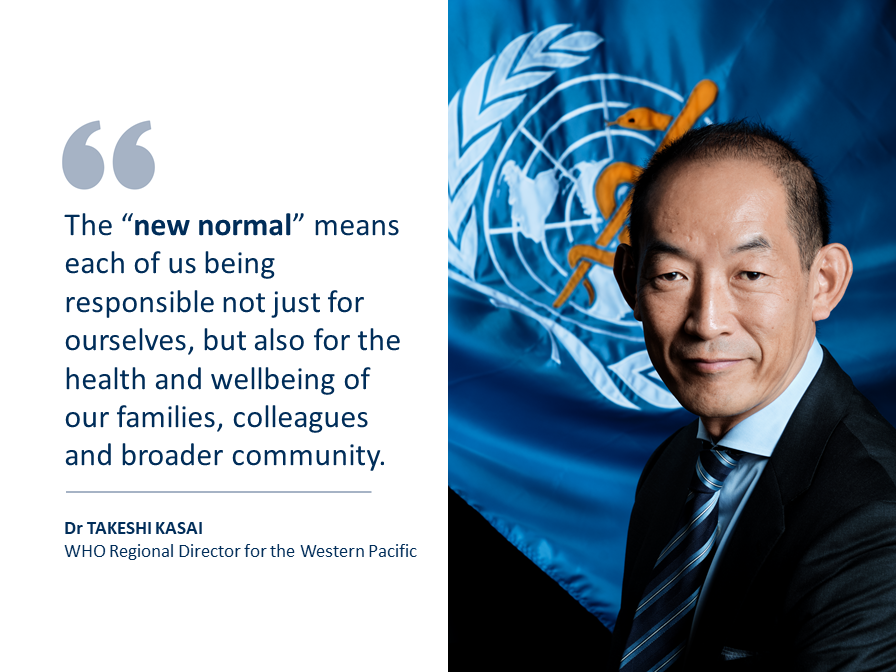
Open Editorial by Dr Takeshi Kasai, WHO
Regional Director for the Western Pacific
Ulaanbaatar /MONTSAME/ These
days, many countries, including Mongolia, are making complex decisions about
how to live with COVID-19, or adapt to what some have called the ‘new
normal’. Governments are reviewing the measures put in place to control
the outbreak in its initial phase, and looking at which of these may be lifted.
While it may feel like we’ve
been living under COVID-19 control measures for a long time, this is still a new virus. The
truth is, we are all learning as we go, and we may not get it perfect the first
time. If the virus starts to spread in the community, we may need to bring back
measures that have been eased. The important things are that we remain
flexible, guided by the evidence on the situation as it evolves, and everyone
works together to get through this.
Mongolia is one of the countries that took prompt action making difficult
yet important decisions. The sacrifices you’ve made
over the past few months have made a huge difference. Schools and universities
were closed, public and cultural events have been cancelled, and international
travel is restricted. Your adherence to these measures helped to prevent
transmission of COVID-19 and stopped health facilities from being overwhelmed.
But “Lockdown” measures have made life very difficult for millions of people, and had devastating impacts on economies and societies. Countless people lost their jobs and means of supporting their families, with the poor being most affected. Those with “essential” jobs have worked tirelessly, putting themselves in harm’s way to maintain lifelines and health services for the rest of us.
While some measures may now be lifting, this is not a signal that the fight is over. Unfortunately, this is going to be a long battle. In the interconnected world in which we live, as long as the virus is still circulating, and until there is a safe and effective vaccine available to everyone, no country is safe from new cases and waves of infection.
The challenge before us now is to protect public health and maintain readiness for new waves of COVID-19, while at the same time, restarting the economy and our lives. It’s a mistake to choose between these. In fact, we need to improve the health of people and economies, by working together across all sectors of society.
The big decisions that
countries now face should be taken by experts on health and economies, as well
as community members and entrepreneurs, together, around one table.
We are already seeing the
fruits of such collaboration. New and creative initiatives have been unleashed
in the wake of COVID-19. For example, a much wider range of products and
services—from farmers’ produce to health services—are literally being
delivered on people’s doorsteps. Some of these new initiatives may provide
solutions for problems we have been struggling with for a long time, for
example reaching people who have previously been missed out.
Other features of the ‘new
normal’ are that we must all continue COVID-19 prevention practices, like
physical distancing in public places, frequently cleaning our hands, and
staying home if we’re sick. But it’s about more than just changing
behaviours—we need to change our attitudes. In the new normal, each of us is
responsible not just for ourselves, but also for the health and wellbeing of
our families, colleagues and broader community. It’s all of our jobs to listen
to the science, stick to the prevention policies even as they shift, and
support the vulnerable around us.
This is a Region with a strong
sense of community and a strong culture of supporting the vulnerable. I urge
everyone in Mongolia —from food sellers, to teachers, to the prime minister—to
remain focused and engaged. The road ahead will require solidarity, unity, vigilance
and patience.
Please join us in adapting to
a new way of living, working and interacting. The more each of us does our
part, the more we can bring back economic and social life, while staying safe.
Ultimately, it’s up to all of us to build a healthy, safe and liveable future
in the Western Pacific Region.
 Ulaanbaatar
Ulaanbaatar





